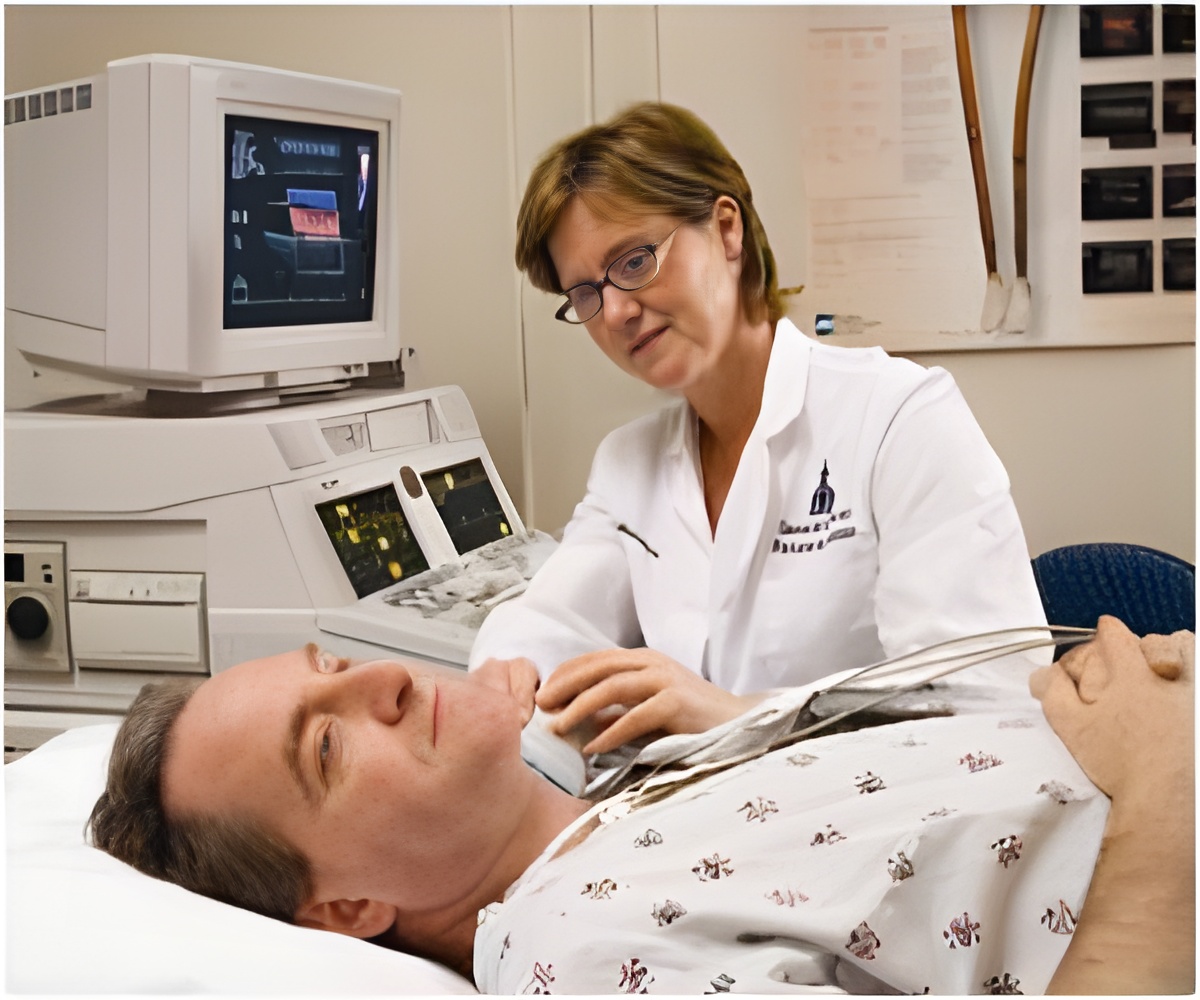A new report from the Institute of Medicine says that the U.S. health care system is not properly designed to meet the needs of patients nearing the end of life and those of their families, and major changes to the system are necessary.

"Patients can, and should, take control of the quality of their life through their entire life, choosing how they live and how they die, and doctors should help initiate discussions with their patients about such decisions," said Philip Pizzo, co-chair of the committee and David and Susan Heckerman Professor of Pediatrics and Microbiology and Immunology and former dean of medicine at Stanford University. "For most people, death does not come suddenly.
Instead, dying is a result of one or more diseases that must be managed carefully and compassionately over weeks, months, or even years, through many ups and downs. It is important that the health care options available to individuals facing the end of life help relieve pain and discomfort, maximize the individual's ability to function, alleviate depression and anxiety, and ease the burdens of loved ones in a manner consistent with individual preferences and choices."
Americans express strong views about the care they want to receive when they are seriously ill and approaching death. In general, they prefer to die at home and want to remain in charge of decisions about their care. However, the vast majority of Americans have not engaged in an end-of-life discussion with their health care provider or family. A 2013 national survey of adult Americans found that while 90 percent believe having family conversations about end-of-life wishes is important, fewer than 30 percent have done so.
The committee proposed a model for "advance care planning," which encompasses the whole process of discussing end-of-life care, clarifying related values and goals, and seeing that written documents and medical orders embody patients' preferences. The committee's model suggests that an initial conversation about values and life goals is held around certain mature milestones, such as obtaining a driver's license, turning 18, leaving home, or getting married.
Additional situation-specific planning should occur for those in high-risk occupations; at onset of chronic illness; when applying for Medicare; when health worsens; and in the final year of expected life, when that seems to be known. These conversations can be guided by physicians, social workers, or other professionals, but should include family and loved ones. The conversations should address the patient's preferences, including possibly identifying a health care agent for the individual if they are not in a position to effectively represent their own interests.
Advertisement
"Individuals should have time with their doctors to talk about end-of-life issues, and clinicians should receive the training and financial incentives for such discussions," said Dave Walker, co-chair of the committee and former U.S. comptroller general. "The U.S. health system is geared toward providing curative care aimed at curing disease, rather than providing the supportive and comfort care most people prefer at the end of life. Without adequate advance care planning, the default decision is for clinicians to treat a disease or condition, no matter the prognosis. This is far from a patient-centered, family-oriented approach that honors the preferences for care for those near the end of life in an affordable and sustainable manner."
Advertisement
While the purpose of advance care planning is to ensure that people receive the care they desire and minimize the burden on their families, an additional benefit may be lower health care costs, the committee said. Adopting the committee's recommendations and employing its modified approach to end-of-life care should contribute to stabilizing total health care and social service costs, and possibly reduce them, over time.
The opportunities for savings can occur by helping reduce preventable crises that lead to expensive and unwanted acute care services -- such as 911 calls, emergency room visits, stays in intensive care units, and hospitalizations. Pain and other unmanaged symptoms prompt many of these visits. The committee believes savings from reducing such acute care incidents would free up funding for relevant supporting services -- such as caregiver training, nutrition services, and home safety modifications -- that would ensure a better quality of life and support patients' families. For example, when emergency medical services respond to a 911 call for a Medicare patient, current Centers for Medicare & Medicaid Services policies, which are also generally followed by private insurers, require as a condition for being paid that the patient is transported to a hospital. As a result, patients who might be served better by a palliative care home visit or a trip to a primary care clinician, if such services were available, end up being treated in an emergency department.
Federal, state, and private insurance and health care delivery programs should integrate the financing of medical and social services to support the provision of quality care consistent with patients' values, goals, and informed preferences, the committee recommended. Specifically, financial incentives should be provided for medical and social services and coordination of care across settings and providers -- from hospital to ambulatory settings as well as home and community.
Established in 1970 under the charter of the National Academy of Sciences, the Institute of Medicine provides independent, objective, evidence-based advice to policymakers, health professionals, the private sector, and the public. The National Academy of Sciences, National Academy of Engineering, Institute of Medicine, and National Research Council make up the National Academies. A committee roster follows.
Source-Eurekalert










